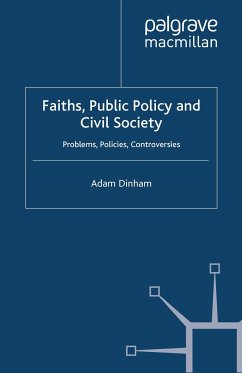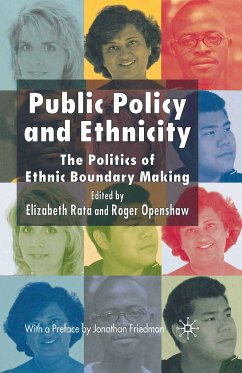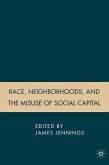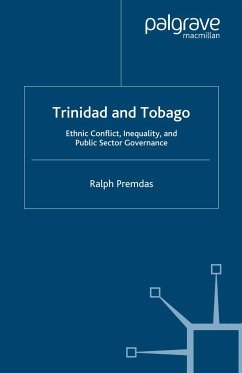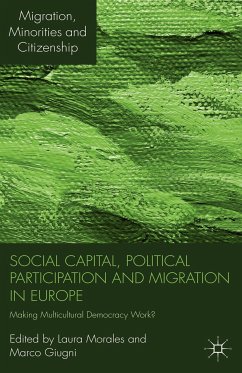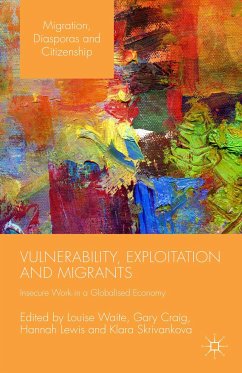This book uses empirical data and theory to explore the role of faiths as public actors; their contribution to welfare services, how they help build community cohesion, and break it down, and what it means for them and for others to be involved in new modes of governance.
Dieser Download kann aus rechtlichen Gründen nur mit Rechnungsadresse in A, B, BG, CY, CZ, D, DK, EW, E, FIN, F, GR, HR, H, IRL, I, LT, L, LR, M, NL, PL, P, R, S, SLO, SK ausgeliefert werden.
'Whatever your perspective you will value this contribution to understanding 'faith at the public table'. Controversy and not a little misunderstanding surround these themes; this book provides a sure footed exploration of the policies, politics and importantly the social theories and philosophies that many choose to ignore. A very welcome contribution.' - Richard Farnell, Applied Research Centre in Sustainable Regeneration, Coventry University, UK
'He highlights the need to use both social science and theology to understand faiths, and for those engaging with faiths to start 'where they are, in all their locatedness' -British Journal of Social Work
'...this is a superb book that will be essential reading to scholars of the sociology of religion and social policy.' -Sociology
'He highlights the need to use both social science and theology to understand faiths, and for those engaging with faiths to start 'where they are, in all their locatedness' -British Journal of Social Work
'...this is a superb book that will be essential reading to scholars of the sociology of religion and social policy.' -Sociology

